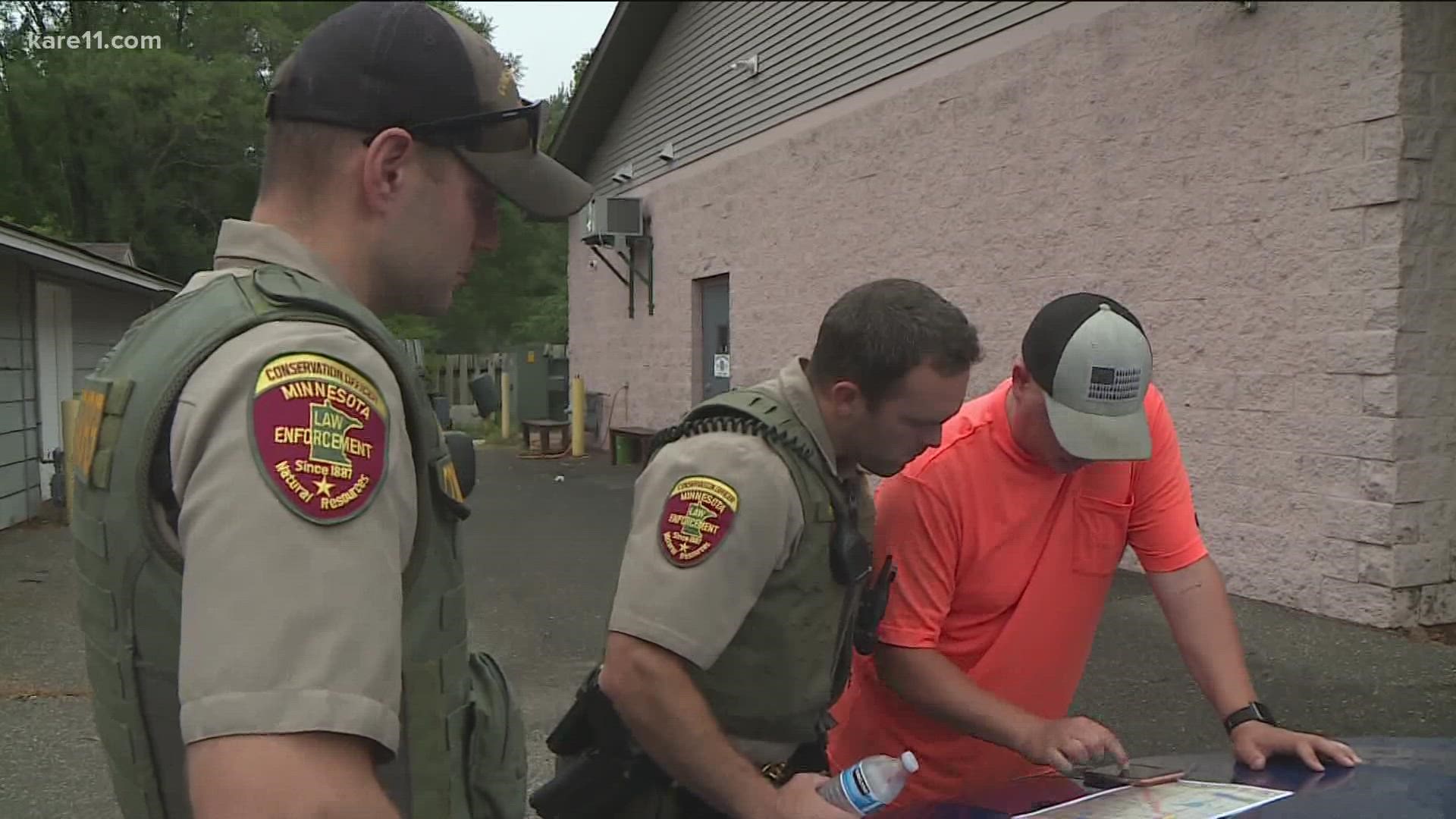MINNESOTA, USA — Many have been fixated on the details of Gabby Petito's case for weeks now after she disappeared while on a cross country road trip with her fiancé Brian Laundrie.
The case is now sparking a bigger conversation centered around missing persons cases, and why some get more attention than others.
"They all should be prioritized in terms of the initial response in the same way," said BCA Superintendent Drew Evans.
According to Evans, it's a process which begins with local police agencies following through with certain procedures.
"Often that involves gathering key information to determine whether or not it's a short term, possible juvenile runaway that may or may not be in danger, to those people that might be in danger that would demand a different and more aggressive response from law enforcement," said Evans.
In 2020, there were more than 543,000 missing persons cases filed with the National Crime Information Center. More than 320,000 were white and just over 182,000 were Black.
Of course not all those cases received media attention for different reasons, but if you ask St. Catherine University Executive Vice President and Provost Dr. Anita Thomas, far too often it's the lack of coverage for missing persons of color that has become problematic.
"There's the assumption that perhaps people of color are coming from communities of violence and so there isn't that same level of severity when an individual from a dominant class or a upper middle class disappears in that same way," said Dr. Thomas.
Many organizations like the Black and Missing Foundation are now pointing out the racial disparities when it comes to missing persons cases.
At the same time Gabby Petito's case gripped the nation, Carmen Bolden Day, the mother of 25-year-old Jelani Day had been pleading for the public's assistance to help find her son, a graduate student at Illinois State University. He was reported missing on Aug. 25. His remains were identified Thursday. Day was upset leading up to the discovery of her son's remains, because she said his case wasn't receiving the same urgency as Petito's.
"There’s an empathy peace to really looking at stories of young, white women in particular. You see that, and I think America sees that, as a potential my daughter or my sister or my partner and you don’t have that necessarily empathic response to stories unfortunately of African American individuals," said Dr. Thomas.
Factoring into the portrayal of what some refer to as the "white woman syndrome" playing to the stereotype of white women.
"As being much more frail, that sense of femininity and emotionality, really feeds into that perception," said Dr. Thomas. She went on to say , "we need to start asking questions about who is represented and why does that matter."
"In these cases the same alerts get sent to the media regardless of that person's race," said Superintendent Evans.
Leaders with the BCA say it all comes down to individual case needs.
"Sometimes a lot of resources are needed because there's a particular path that we're following," said Evans. He went on to say, "other times we may not have a lot of information in a missing persons case, we don't know the last place they were seen, we don't have solid information that we're in the process of actively following up on."
The BCA says family members ultimately get to decide if their loved one's case is made public or not, so some cases don't get publicity as a result. The only time that's not the case is when the missing person may be in danger.
"It really comes down to that sense of being affirmed and really the importance and dignity of all life," said Dr. Thomas.

